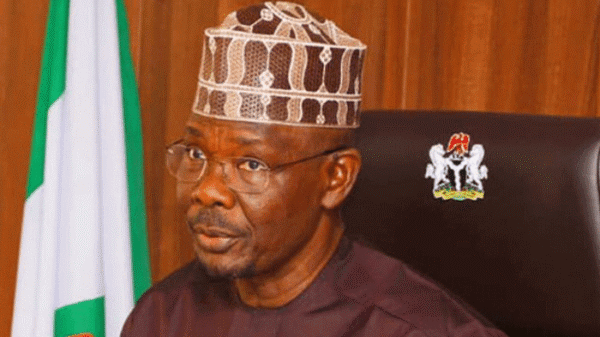United Kingdom has officially launched Phase Two of the Nigeria–UK PACT (Partnering for Accelerated Climate Transitions) Fund, unveiling a new package of support aimed at powering Nigeria’s clean energy transition and climate resilience.
The announcement was made at the UN Climate Change Conference (COP30) in Brazil, where the UK government revealed eight new technical assistance projects and five expert deployments designed to help Nigeria implement its Nationally Determined Contributions (NDCs) and achieve net-zero emissions by 2060.
UK PACT is a flagship programme under the UK Government’s International Climate Finance portfolio, jointly managed by the Foreign, Commonwealth and Development Office (FCDO) and the Department for Energy Security and Net Zero (DESNZ).
It operates across Africa, Asia, and Latin America, providing technical assistance, capacity building, and knowledge exchange to support climate commitments and inclusive transitions.
Launched in 2021, the Nigeria–UK PACT Fund has supported Nigeria in strengthening climate governance, mobilising finance, and implementing clean energy and nature-based solutions aligned with the country’s Energy Transition Plan, Climate Change Act, and NDCs.
The new portfolio focuses on two key areas: clean energy transition and climate policy and governance.
Five clean energy projects will scale up decentralised renewable energy solutions, enhance energy sector institutions’ capacity to integrate renewables, and create market-enabling environments to attract private investment.
Implementing partners include Landell Mills, Africa PPP Advisory Services, Mercy Corps, Wayne Energy Consult, and Glasgow Caledonian University.
Three climate policy and governance projects will build institutional capacity, improve data systems for evidence-based policymaking, and foster policy frameworks to encourage private sector innovation.
Expert deployments will support the Nigerian Electricity Regulatory Commission (NERC), Rural Electrification Agency (REA), and National Council on Climate Change (NCCC). Partners include the Greenhouse Gas Management Institute, Perspectives Climate Research gGmbH, and University of York.
The projects are expected to enhance climate data tracking, facilitate small-scale hydropower deployment, strengthen Nigeria’s climate negotiation skills, and unlock over $8 billion in private investment for renewable energy in the healthcare sector.
The UK government said these efforts form a foundation for deeper engagement in Nigeria’s journey to net zero.
![]()




























































